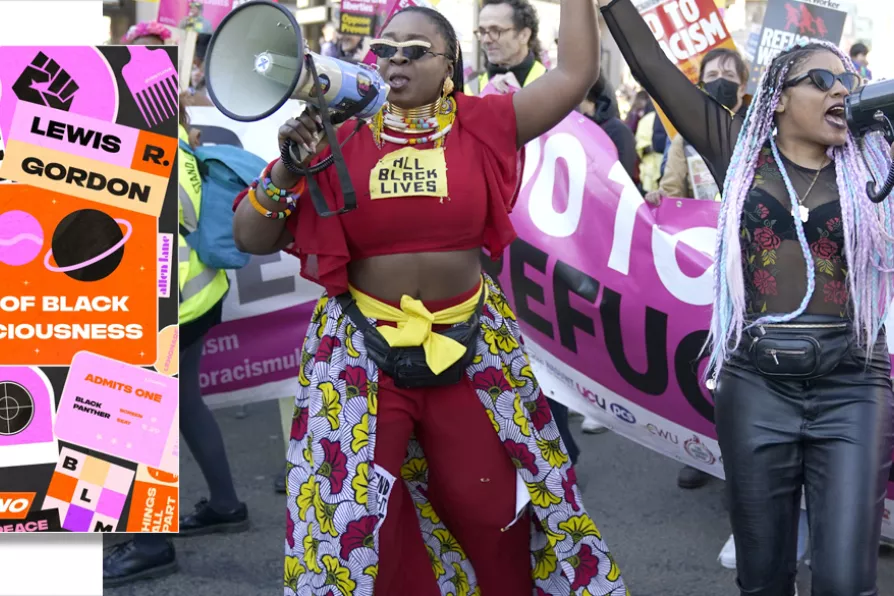TONY BURKE speaks to Gambian kora player SUNTOU SUSSO

 THE STRUGGLE CONTINUES: 'Being black connotes a lack of a right to anything'
THE STRUGGLE CONTINUES: 'Being black connotes a lack of a right to anything'
Fear of Black Consciousness
Lewis R Gordon
Allen Lane, £20
“I CAN’T breathe.” George Floyd’s dying words have established an iconic meme resounding throughout the world.
Just as the asphyxiating coronavirus “sees” no boundaries, responding most effectively to pre-existing conditions, Lewis Gordon, a leading Afro-Jewish existentialist philosopher, recognises that “our pre-existing pandemics of neoliberalism, neoconservatism, fascism, and their accompanying racism” provided vulnerable social sites for the virus to spread more efficiently.
Gordon quotes WEB Du Bois, the famous social scientist, educationist and socialist, founder of the NAACP: “Being born black does not entail in social scientific terms what it means to be black.”

GORDON PARSONS is enthralled by an erudite and entertaining account of where the language we speak came from

MARJORIE MAYO welcomes challenging insights and thought-provoking criticisms of a number of widely accepted assumptions on the left












